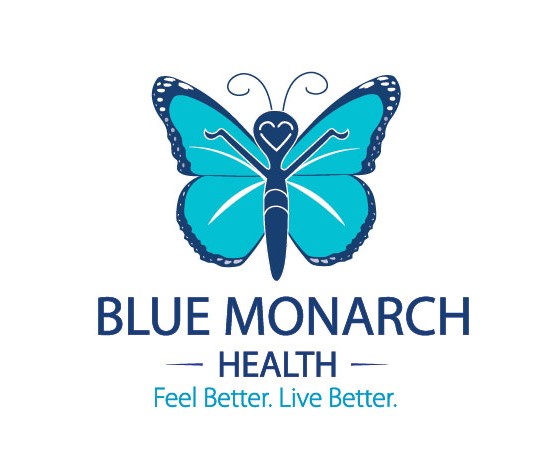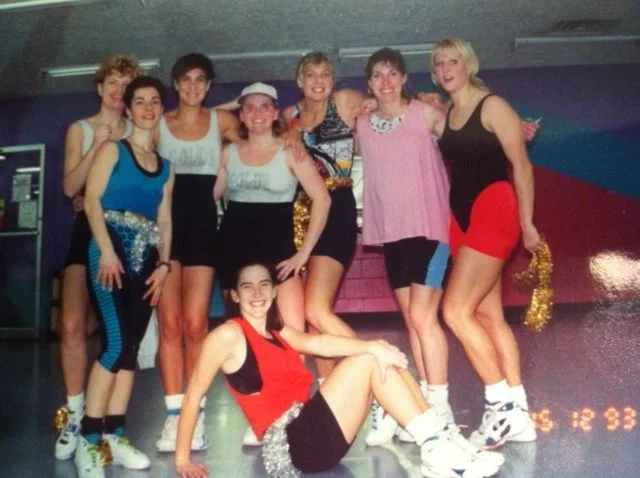Hello strong, vibrant and wonderful Woman!
The life expectancy for women in most Western societies is now 80 to 85 years, that means that you will live over one-third of your lifetime in post-menopause.
It's super important that you have strong muscles and bones and stable joint function, if you want to live how you want to live, with who you want to live and do what you want to do, when you want to do it!
And to protect yourself in mid-life, so you are living vibrantly into your 80’s-90’s!
Right? RIGHT!
The stages of menopause (perimenopause, menopause and post menopause) are when muscle, ligament and bone function can become impaired when you don't take action.
Skeletal muscle is a very large set of tissues containing estrogen receptors, and when receptors become weaker and die off as they do in our post-menopause years, we must adjust our lifestyle to allow our muscles to adapt to these changes.
Heart muscle falls into this category
Heart muscle also falls into this category, and the vessels that carry blood, energy, nutrients to be used by our organs and also take away waste products and toxins to be excreted by other organs are also affected.
Our changing estrogen levels cause changes to our blood vessels as we age, and they become ‘stiffer’ as they lose some of their elasticity.
I recently had some blood work done (ADMA) and for the first time I am seeing inflammatory changes in my blood vessels! YIKES! This new info had me sit up and take notice and one of the (many) reasons I am becoming more vocal about lifestyle and how we can take charge of our own health.
Get Your Heart Pumping!
It's so important that we recognize the things we can do, like getting our heart pumping through aerobic exercise, will support the changes our blood vessels and muscles are going through as we age... and we're ALL aging!
Exercise Physiologist, Professor Hirofuma Tanaka (2019) states in his article exploring the anti-aging effects of aerobic exercise, that, ‘Vascular function in general and arterial stiffness in particular is a barometer for cardiovascular disease risks that increase markedly with advancing age’.
Remember the 80's?
Some of us led the aerobics fads of the 1980's... remember one-piece body suits, leg warmers and high top sneakers? Up front, sweating, hooting and hollering with the music, high knees, knee repeaters and high kicks!
90 Minutes of Super-Fit!!!
I taught a 90 minute 'super-fit' class in 1989. I was ALL over that heart pumping exercise then, and for many years after!
Around the age of 50, which is also when I hit bouts of anxiety and didn't realize I was going through peri-menopause, my joints began to ache and I lost motivation for exercise. I also began to slow down my intensities and decided to leave the traditional gym.
I didn't fully understand
At that time, I didn't fully understand that estrogen levels and estrogen receptors were (and had been all my life) affecting so many areas of my body!
My;
brain
cardiovascular system (heart and blood vessels
liver
breasts
uterus
bones
ligaments
muscles
thyroid
adrenal glands
I KNOW! So many things are affected by estrogen.
This is why you are feeling the way you might be feeling! Because so many areas of our bodies are affected by the menopause transition and aging. You are NOT crazy. You are NOT failing. You CAN take action. You CAN take control. You CAN show up for yourself now.
Exercise can help
EXERCISE can help with ALL of these systems, and a few benefits of exercise are below from Mishra et al. (2011).
Exercise increases the cardiorespiratory function. If done regularly, it reduces the metabolic risks associated with declining estrogen. It increases HDL, reduces LDL, triglycerides and fibrinogen. There is an additional benefit of a reduced risk of high blood pressure, heart attacks, and strokes.
Exercise can help create a calorie deficit and minimize midlife weight gain.
It increases the bone mass. Strength training and impact activities (like walking or running) can help to offset the decline of bone mineral density and prevent osteoporosis.
It also reduces low back pain.
It is proven to help reduce stress and improve the mood.
It may help to reduce hot flashes, thereby minimizing the “Domino effect.”
From Me.... It also makes you FEEL GOOD! When have you ever regretted doing sensible exercise?
Aerobic exercise is just one aspect of exercise that we mention here, plus resistance training with weights, body weight, and resistance bands too!
Not sure where to begin?? Lacking the motivation? Need accountability? Want to talk with other women who are going through these changes too? Want to learn all you can to SUPPORT and PROTECT YOURSELF?
YES?!!!! Then....
Join the online Menopause Movement Mission.
References
Mishra N, Mishra VN, Devanshi. Exercise beyond menopause: Dos and Don'ts. J Midlife Health. 2011 Jul;2(2):51-6. doi: 10.4103/0976-7800.92524. PMID: 22408332; PMCID: PMC3296386.
Tanaka, H. (2019). Antiaging effects of aerobic exercise on systemic arteries. Hypertension, 74, (2). 237-243.












